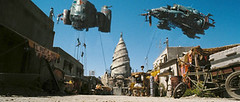 Serenity Opens Tomorrow. It is Joss Whedon's directorial debut for the big screen and is a sequel to his television series "Firefly".
Serenity Opens Tomorrow. It is Joss Whedon's directorial debut for the big screen and is a sequel to his television series "Firefly".I saw it Tuesday at a preview showing for press and bloggers. It will be interesting to see if the rest of the movie-viewing world responds to it the way I did. It is something of a burning curiosity with me: What will the movie-going public make of Serenity? I dunno. I know what I thought of it but, since I am not necessarily typical in every way, I can't reliably predict what other people will think.
If you look at the film in objective terms -- the usual quality metrics that everyone agrees on but nobody really cares much about -- Serenity gets middle-of-the-road marks. The special effects are good -- but not unusually so. The art direction and cinematography are also fine, but the composition and editing seem a bit television-ish -- tightly framed and edited, seldom making use of a big screen's ability to pull back from the action and still keep the audience engaged.
The story may strike people as not particularly original. This comes, in large part, from the shorthand language Whedon uses in storytelling. He is very adept at using pop-culture stereotypes to tell a story in the most compact, efficient manner. His characters step out onto the screen and almost immediately, from their costume and their first few words, the audience knows pretty much who they are. They evoke other, similar, characters we have seen before. His plotting uses the same shorthand. Whedon can start his story right in the middle of the action because he knows that we will recognize the plot elements as the same sort of archetypes that help us understand his characters.
Of course, I may just be blowing smoke in all of this talk of pop-culture archetypes. I have seen every episode in Firefly, his TV show that Serenity continues, and it could well be that my sense of recognition is not so much because Whedon draws on the work of earlier directors -- notably Howard Hawks' westerns such as Rio Bravo -- as because of the seventeen hours of material about the characters and their situation that I have already seen.
And originality is somewhat overrated. It adds a degree of difficulty to writing a script and properly increases the score for a good performance, but it is not particularly a thing that is good in itself. The last altogether original film I remember seeing is Wax, or the Discovery of Television Among the Bees which was totally, mind-blowingly original and quite dreadful. IMDB.com suggests that the filmmaker has not made any films in the last ten years so we may be allowed to hope he got some help.
What worries me about Serenity, and its reception by the marketplace, is that while it is a Science Fiction film, and those seem to be well received, it is also a Western -- a genre that appears to have died. Without giving away too much about the film, these two pictures show what I am talking about here.
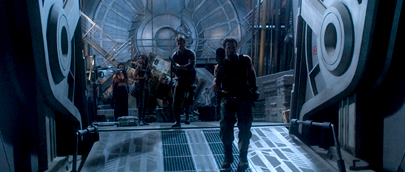
Serenity is Science Fiction. See, everything is blue in this shot and mostly made out of glass and metal. Science Fiction.
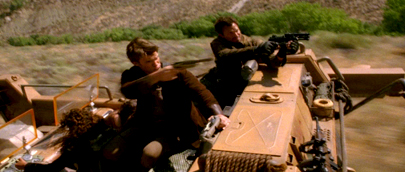
Serenity is a Western. Here we see two of our heroes shooting back over their sholders at the bad guys who are pursuing them out of town. Clearly a Western (although, to be fair, nobody runs out of bullets and throws his gun.)
Like I said, I am curious what people will think about the film. That curiosity can only be satisfied if people actually go to see the film so they can react to it one way or the other. Universal doesn't seem to be doing a lot of advertising -- or at least too little to suit me -- but their tactic of inviting bloggers to preview showings is novel and I'm curious to see how that works out as well. (I am doing my bit for them here.) In an effort to get people to go see the film I have discussed it here in very general terms. People who are already Firefly fans will go see Serenity no matter what I write here. I've tried to pique the curiosity of those who may not have been aware of the film without overselling it. Because I want to find out what people think of a Space Western.
And, as for me -- what did I think of Serenity? Best F***ing SF film in years!
But that's just me.

 "Man said to be Zarqawi's No. 2 killed"
"Man said to be Zarqawi's No. 2 killed"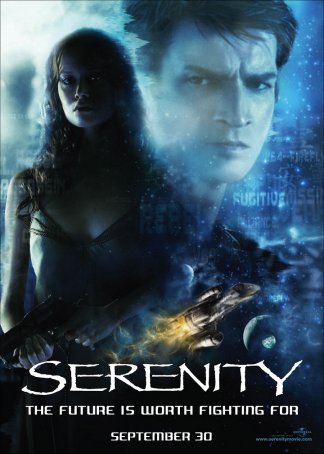

 After over a century of publication, the University of North Carolina's student newspaper, the Daily Tarheel, faces a crisis -- one it is not clear they can survive. Recent events suggest that there may soon be no one left to write for them.
After over a century of publication, the University of North Carolina's student newspaper, the Daily Tarheel, faces a crisis -- one it is not clear they can survive. Recent events suggest that there may soon be no one left to write for them.
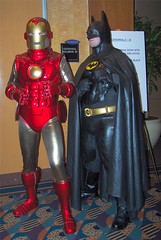
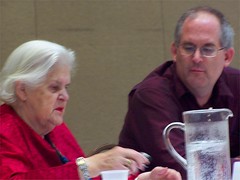
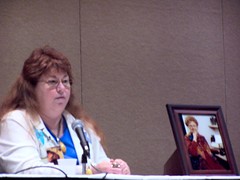

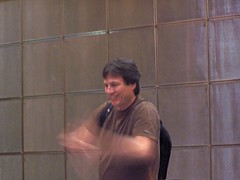

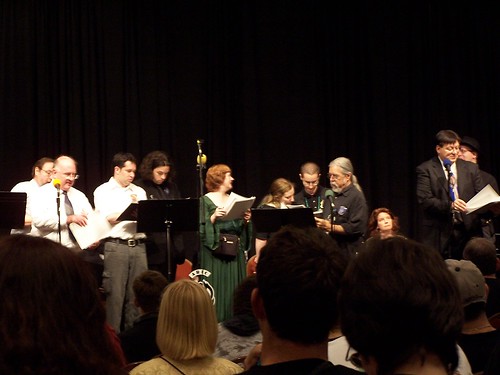
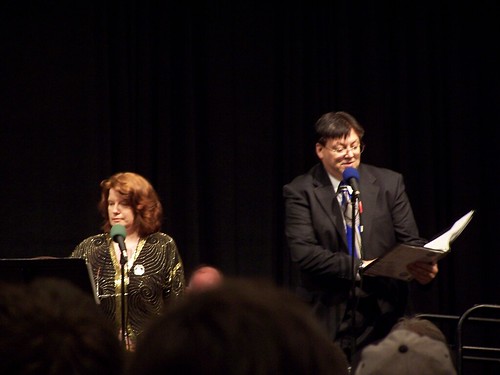
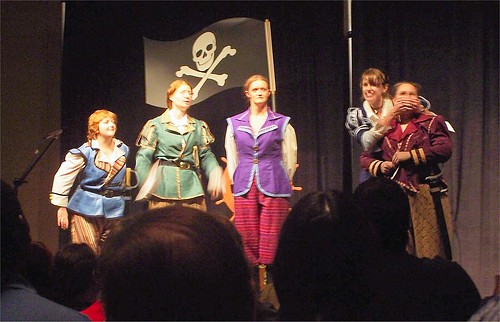
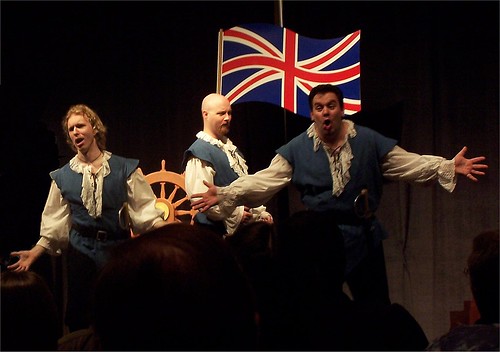

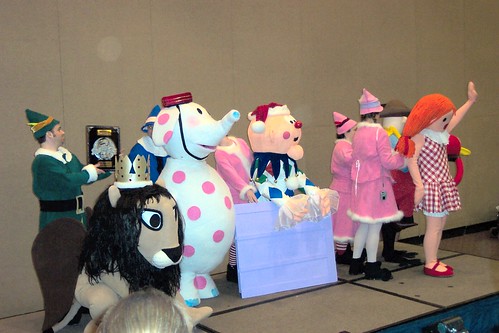
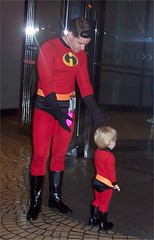
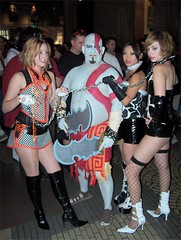
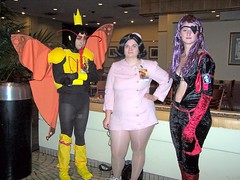
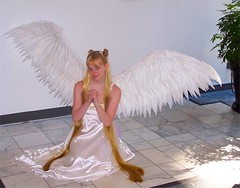
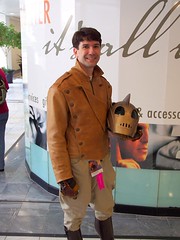
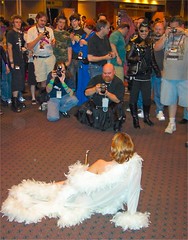

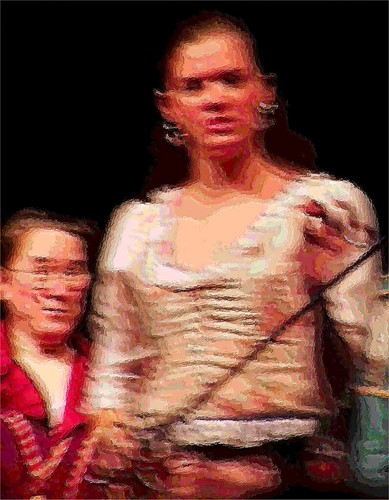
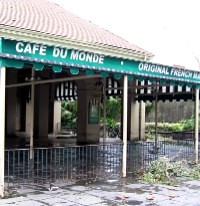 A young man from New Orleans has put up a
A young man from New Orleans has put up a